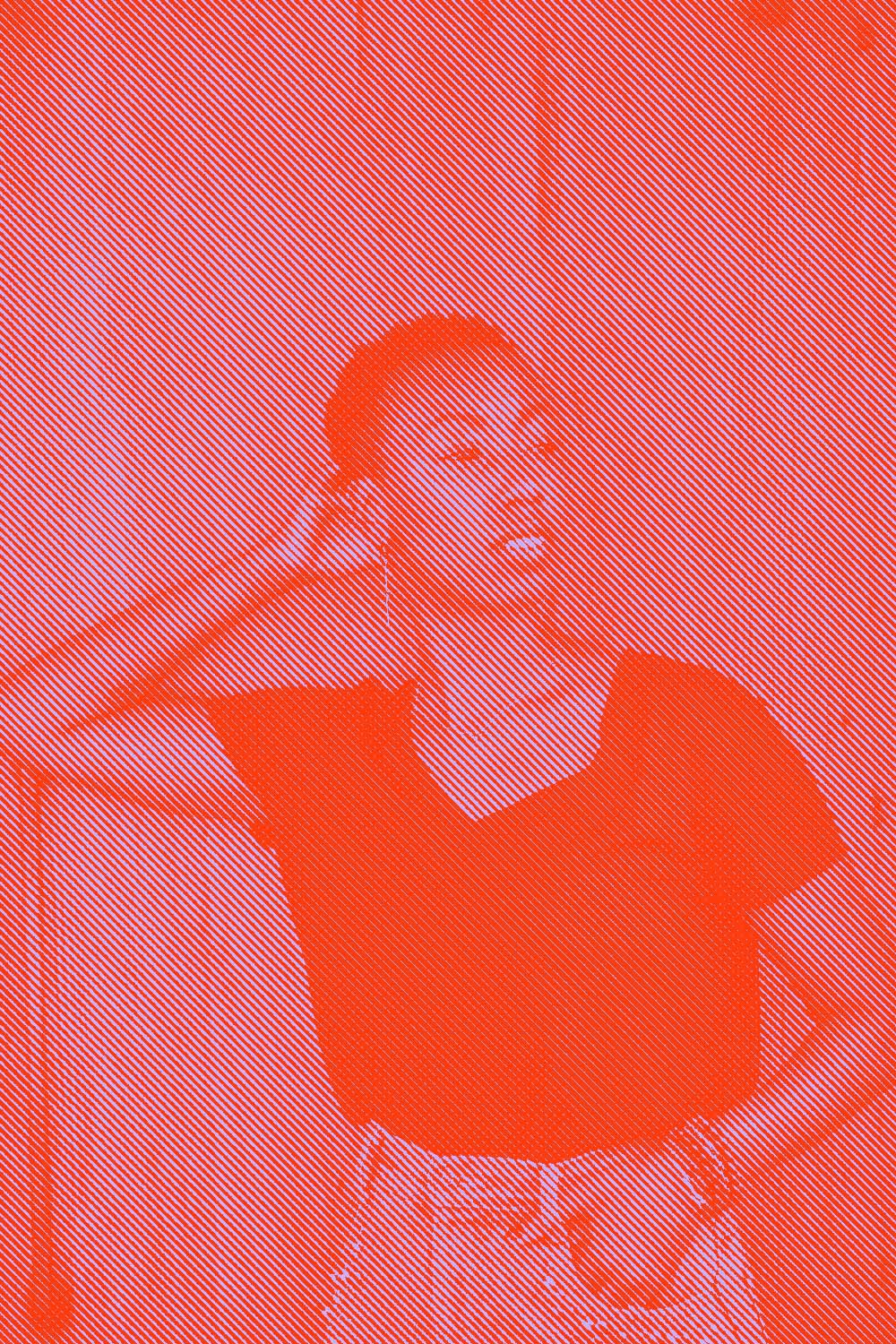Dominique Drakeford: Fashion, Race and Sustainability
Tue, Oct 27 2020, 5PM - 6:30PM
Zoom RSVP via Eventbrite to receive Zoom link
Part of event series: Fall 2020 Design Lecture Series

Organized by
Fashion Design
Event description
Lecture recording is now available for the CCA community for educational purposes.
The Design Division at CCA welcomes Dominique Drakeford as our fifth speaker in the 2020 Fall Design Lecture Series. These lectures bring leading designers, strategists, curators, and educators to speak with our community. The Fall 2020 series speaks to design as a tool for empowerment.
In this call to action to know our history and change our trajectory, Drakeford lays bare the inextricability of race, labor, materials, sustainability and fashion. She posits that sustainability has been falsely positioned as the purview of Euro-whites, that the discourse fails us when it stops at the pitfalls of capitalism, ignoring the fundamentally unsustainable historic and social patterns of slavery and colonialsim that produce the fashion industry as we know it.
An unearthing is due. Where to begin? “We can’t fully understand sustainability without first understanding how colonization created unsustainability.” Drakeford details the three pillars of policy, education, and marketing that deny Indigenous and Black Indigenous knowledge, ignore contributions from people of color, outlaw wealth building, and maintain white supremacy.
She starts with a brief history of indigo. “Blue gold” she describes, was central to a circular economy rich with Indigenous knowledge in West Africa, but it became a mainstay of exploitative systems. Enslaved Africans brought the knowledge of indigo production to the United States where its profits at times outpaced that of sugar and cotton. There was indigo in Christopher Columbus’s sails, as well as the American flag, it was both made and worn by slaves. “It’s not just the extraction of wealth, it’s the monopoly of ownership and control that created a physical and social engineering system comprised of extractivism and prison labor.”
Public policy has continued that system. From the vetoing of the homestead act of 1862 to the denial of farm credits to people of color, “we have to understand that the laws and policies were created to have Black people be a permanent non-compensated labor force, and to prevent the accumulation of generational wealth. Through land theft, slavery and the continuum of poverty the government made it impossible for Black people to prosper as farmers.” She continually traces the loss of both power and knowledge to the land, and reiterates that we cannot approach sustainable production without this understanding.
Drakeford sees education as a ripe place for intervention, especially in how we narrate sustainability. “We’ve reduced sustainability to the zone of capitalism without realizing the sacrifice zones. Black bodies and intellectual property, expertise in farming, clothing design, and resourcefulness are all intentionally omitted.” Education and marketing, she describes, “set the standard for a psycho-social conditioning system that challenges our understanding of reality, right from wrong. The marketing system has been insidious in its lackluster accountability, and active manipulation, as part of colonial ideology, creating the pull of who is considered criminal versus who is considered environmental steward.” Marketing tells us who “owns spaces” and, when “marketing tells us we are not the stewards of sustainability, we begin to manifest that.”
To change these narratives, Drakeford calls for a holistic understanding of sustainability requiring justice. “Fashion, sustainability, and race are not silos- they are woven together.” She calls for two specific things: for white, privileged people to engage deeply in accountability by acknowledging their power, their indebtedness to the colonial system, and their failures to sustainability. And then to take responsible action based on that accounting. Only then can we build something sustainable.
Entry details
RSVP to each event to receive the unique Zoom log-in